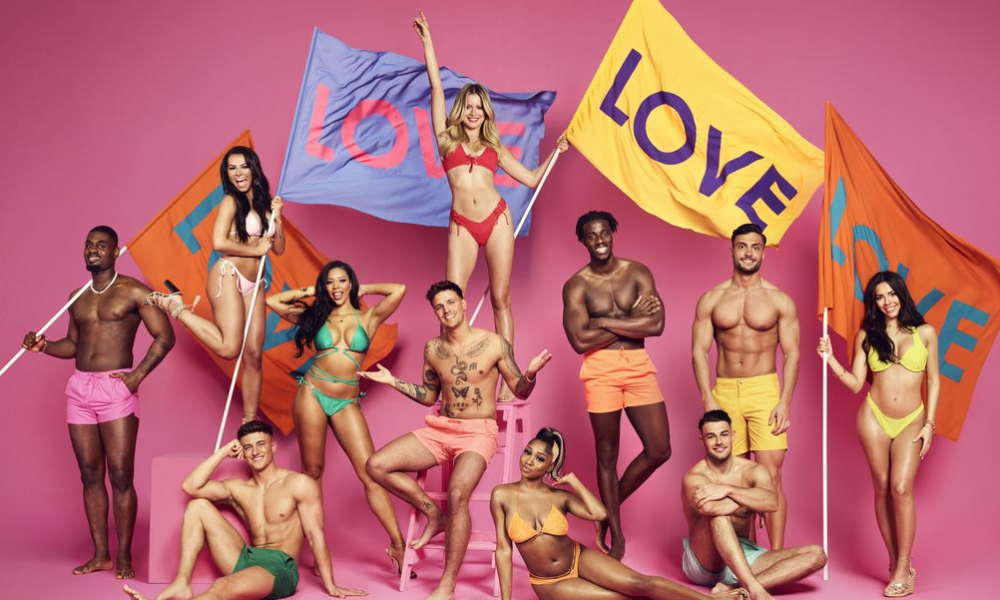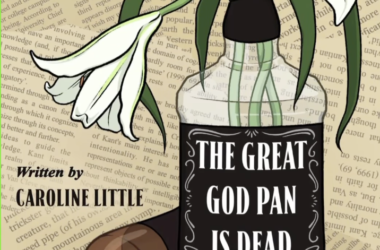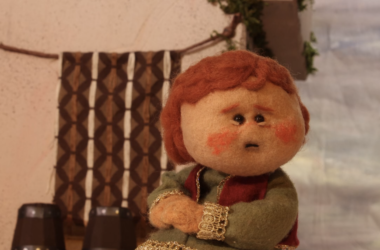This past summer, I binge-watched season eight of Love Island UK in its entirety—an embarrassing total of more than 50 hours. Each day for eight weeks, I would occupy my well-worn seat on my family’s couch at the given hour and embrace the experience of watching the hot new bombshells throw down for love in a large, luxurious villa. The pool of contestants, usually half women and half men, are isolated from the outside world. With no connection to the internet or anything else beyond the villa walls, the generally ludicrously-attractive contestants have one goal: To find love.
One evening, my mother walked into the room, watched approximately 10 seconds of it and sighed, “Why are you watching this crap?”
It’s a valid question.
Since the show’s onset, the women islanders have been subjected to double standards, slut-shaming, and objectification from their male counterparts, not to mention an overall lack of emotional intelligence. In season three, contestant Jonny Mitchell openly stated that he did not believe in feminism and that women “almost already have more opportunities” than men. Adam Collard, a contestant on season four of Love Island, was the subject of a complaint lodged by Women’s Aid for “clear warning signs” of “gaslighting and emotional abuse” against the women contestants. Regardless, the Love Island casting crew decided to re-hire him for season eight.
The male contestants encourage each other to flirt with every bombshell that walks in, despite their loyalties lying elsewhere. But the moment a woman expresses the slightest interest in another man, the men make their contempt very clear. An example of this was season eight’s Ekin-Su: The male islanders latched on to one moment of infidelity as grounds to slut-shame her for the entire eight weeks. Meanwhile, four out of the five non-single men wasted no time cheating on their partners within the first 48 hours of Casa Amor during the same season, yet none of them were taunted or harassed.
Contestants of colour are also continuously disregarded by their white counterparts on Love Island. Traditionally, in the first episode, islanders must choose who they want to couple up with solely based on appearance, picking from a line-up without so much as an introduction. And six seasons in a row, a Black contestant was picked last, deeming them the not-said-but-heavily-implied title of ‘Least Desirable’ among the islanders. White male islanders will also claim that their preferred “type” of woman are those with blue eyes and blonde hair. Due to Eurocentric standards, the beauty standard for Black women is an absurdly high-bar, especially dark-skin Black women, whereas, for white women, the bar is only at toe-stubbing height. The fantasy of love that invades our homes via the TV is one exclusive to conventionally attractive white people who, in most cases, enter the show for financial gain or clout. And throughout all eight seasons and 16 winners, all have been white except one.
“They choose the worst people to go on this show,” my mother said, tutting at the screen.
But I disagree.
Love Island doesn’t act as a catalyst to worsen social injustices, but rather as a microcosm through which the inequalities of everyday society can be magnified. The events of each season are not unique to the confines of its villa; Love Island shows us a subculture entrapped within a fishbowl, and as we stare at its contents, our reflection in the glass stares back.
So why do I watch Love Island? Aside from the entertainment value, which I cannot pretend I don’t enjoy, I suppose my eyes stay glued to the screen out of morbid fascination. I enjoy watching exaggerated social dynamics play out within a controlled setting. Complete strangers are thrown into novel surroundings with no external influences and the same familiar social injustices are reproduced, highlighting just how deeply scarred we all are by our limiting subconscious biases. As the ninth season airs this winter, it will be interesting to see whether anything will change.









